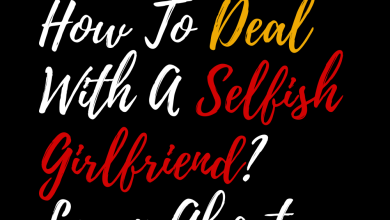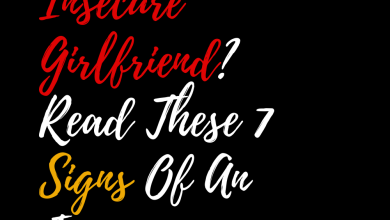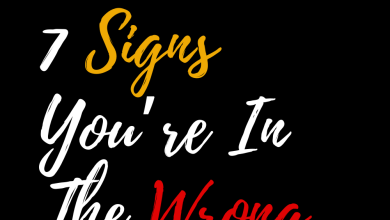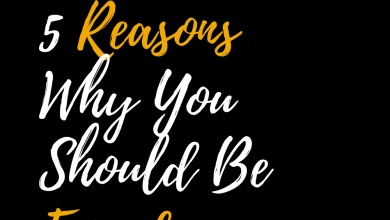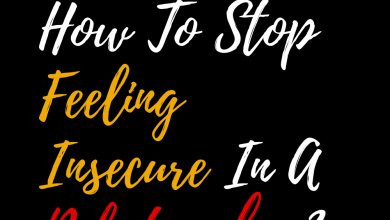What Is A ‘Trauma Bond’ And How To Know If It’s Impacting Your Relationships
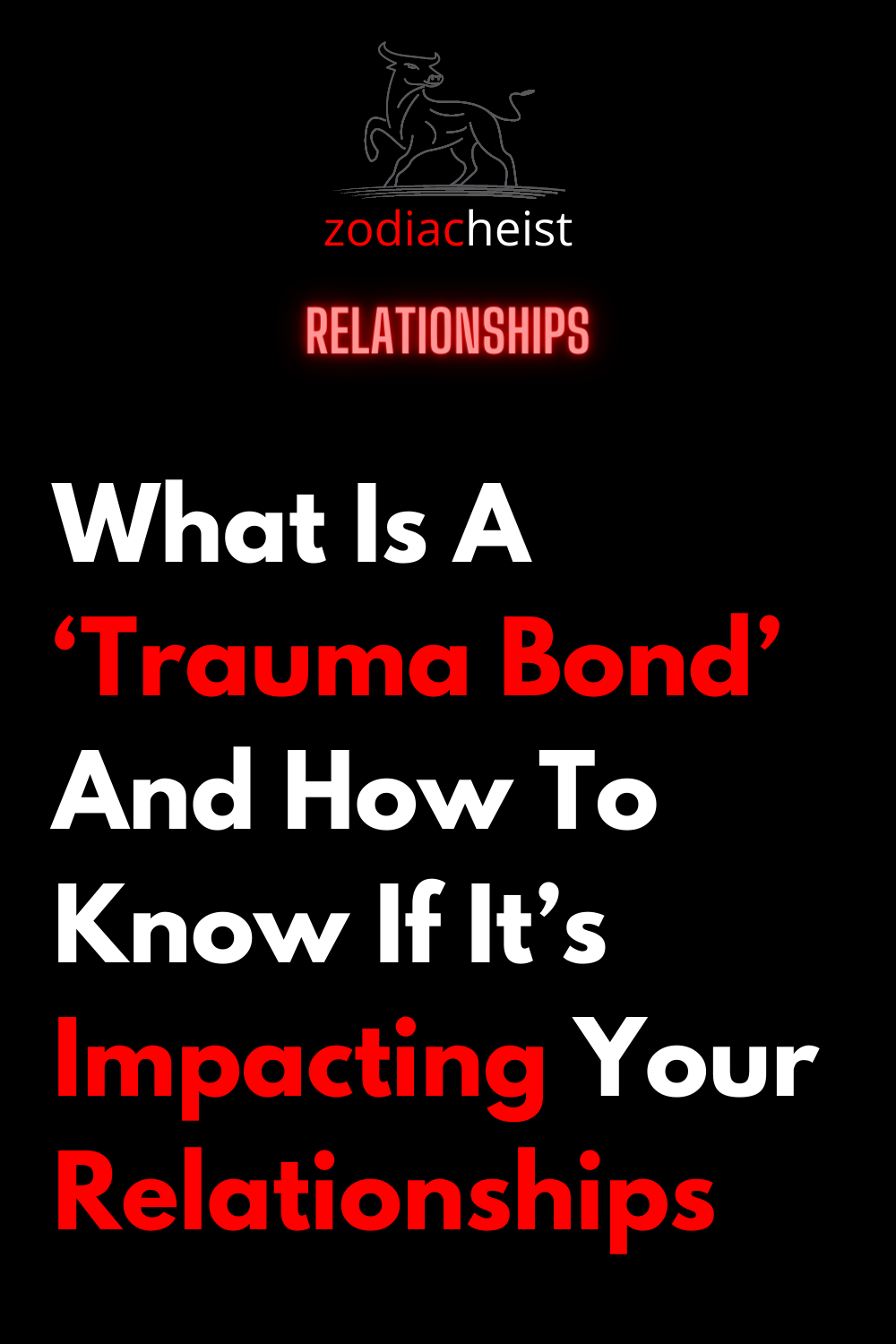
A trauma bond is an emotional attachment to different kinds of abuse (emotional, physical or psychological) where the abused develops an attachment to their abuser that’s often identified by punishment and reward, in layman’s terms, it’s an unhealthy bond between two people based on hot and cold behavior, tumultuous ups and downs and a lot of negativity with some positive reinforcements in between. In most cases, there’s a dominant and a dominated where the dominated depends on the dominant for their emotional fulfillment and validation. Trauma bonds can be a result of extreme codependency issues or anxious attachment issues.
Trauma bonds can also be traced back to childhood and how a child was loved by their parents. In many households, abuse was associated with love and protection which is then recreated by the child in his/her personal relationships. Some people may even interpret these unhealthy behaviors as intense passion or jealousy or love which perpetuates the cycle of abuse and reinforces the trauma bond because there’s a need for that kind of validation for survival and a need for the high that comes after the abuse (like apologies, gifts, remorse or guilt.)
Trauma bonding can happen in all kinds of relationships not just romantic, it can happen with a parent or a sibling, it can happen with a boss or a friend because it’s something that we subconsciously attract most of the time. Relationships based on trauma bonds can actually feel normal and safe on the surface but it’s built on inconsistency, manipulation, dysfunction and temporary emotions. A trauma bond usually feels good in the present moment but if we’re talking long-term, there’s no potential.
There are many levels and layers to trauma bonds, some are more toxic and dangerous than others but some are more subtle, the most common signs of trauma bonds are defending abusive behavior in a relationship and confusing it with a love language especially if the abuser keeps using words like ‘no one else will love you like I do,’ or ‘I promise I will change if you stay with me’ or justifying someone’s constant disrespect because they’re either too stressed or going through a lot or it’s just who they are. There’s a tendency to rationalize the abuse out of fear of losing the person or leaving them.
The worst aspect of a trauma bond is that it feeds on your insecurities and your negative self-talk and makes you believe that you deserve to be treated this way or that you can’t do any better because that’s what you’ve always seen or known so your mind can’t comprehend any other way.
A trauma bond is usually a sign of poor mental health, low self-esteem, unresolved childhood traumas, loneliness, financial difficulties and a weak sense of self. Many people are aware that they’re in toxic relationships but they still don’t have the courage or the confidence to leave so they choose to forgive or stick around in hopes that it may all change one day.
If you recognize that this may be happening to you, it’s very important to better understand the implications of such bonds and the inner work that needs to be done to get rid of them and release that kind of unhealthy attachment to relationships that constantly put you down and make you feel sick.
Trauma bonds can control your life and it has to be your priority to seek all the help you need to overcome them because once you see the whole picture, you will understand how much of your relationships are based on truth and how much of them are based on lies and manipulation. Instead of rationalizing or defending the abusive behaviors around you, ask yourself why you’re tolerating it and at what point in your life did you normalize this kind of behavior.


